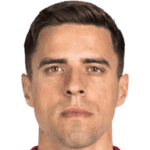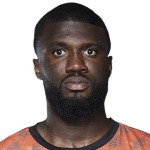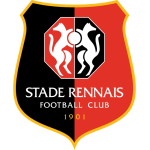Porto is a Portuguese club that was founded in the year 1893. The club has been considered one of the pillars of Portuguese football for a long time. It was founded by António Nicolau de Almeida, a wine merchant who fell in love with the sport during his trips to Great Britain. Porto played its first match in 1894, watched by Portugal’s king and queen. Later on, due to personal issues, Almeida had to step back, and the progress halted. Then, came José Monteiro, who revived Porto again and hired a French Coach, Adolphe Cassaigne, and played Spain’s Real Fortuna in 1907. By 1914, Porto won its first major title, the Taça José Monteiro da Costa, and dominated regional championships, winning six in seven years by 1921.
Porto is also considered one of the big three in Portugal football, alongside Benfica and Sporting CP. Club is also known popularly as ‘ The Daragoes’, which means the Dragons in English, and also represents a mystical figure which can be seen on the top of their crest, which reflects the soul of the club. Porto's mascot embodies its bold spirit. The club has won 86 trophies since its existence, which includes 30 Primera Liga (Domestic League) & 2 UEFA Champions League in 1987 and 2004. The Portuguese club used to play at Estádio das Antas, which was replaced by Estádio do Dragão. Their fans are one of the most energetic and passionate fan bases in the world, and are called "Portistas”. The club, with its domestic dominance and international trophies, has cemented its name as one of the iconic clubs of the game.
Today, Porto competes in the top flight of Portugal football, the Primeira Liga. Their home matches are played in the Estadio do Dragão, which has a seating capacity of over 50,000. In recent times, the club has faced challenges under the leadership of the manager Martin Anselmi, with inconsistent performance throughout the season and early championship exits. Porto finished their recent campaign in 3rd place behind their league rivals Sporting CP and Benfica. But the club’s resilience and loyal fanbase keep it a dominant force in Portuguese football.
Porto, a club founded in the year 1893, is often considered in the big 3 of Portuguese football. renowned for its rich history and passionate fan base. Nicknamed "Dragões" (Dragons), the club has won 86 major trophies, including two UEFA Champions League titles. Here is the key information regarding Porto, which covers historical data and current facts.



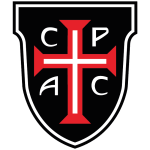


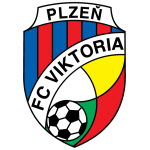



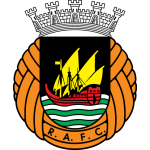







-1766262363230.webp)
-1764244765709.webp)


